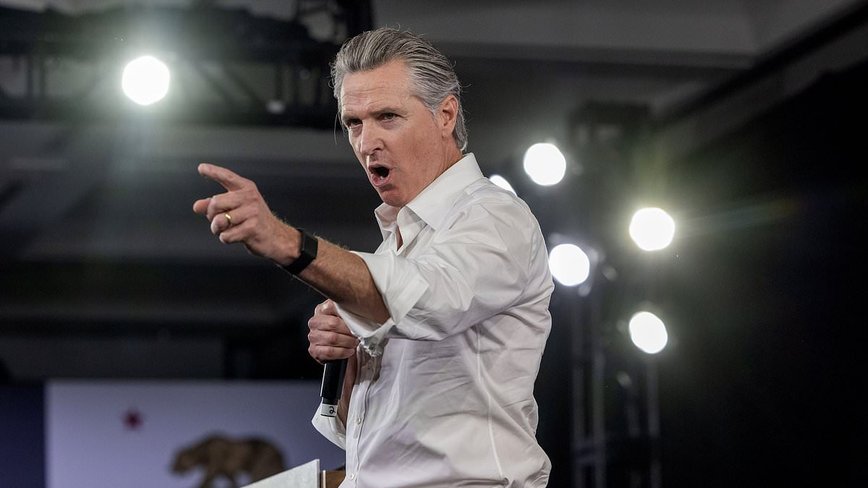
California'S Controversial Free Speech Tangle: A New Anti-Semitism Law Faces Backlash on ONDA LA

California's Bold Move Against Anti-Semitism
California's latest legislative effort aimed at shielding Jewish students from anti-Semitic incidents is stirring up quite the debate. Known as AB 715, this groundbreaking bill was signed into law last month by Governor Gavin Newsom. The law establishes a new Office of Civil Rights and Antisemitism Prevention Coordinator, which is tasked with developing educational resources and training to combat discrimination in public schools. It mandates schools to take action against any prejudiced content that crops up in classrooms.
The legislation was born from a desire to foster "stronger responses to antisemitism and harassment," ensuring safe learning spaces for all students. As it gears up to take effect on January 1, it finds itself in the midst of rising political tensions in the U.S. regarding Israel's ongoing conflict in Gaza.
"They censor themselves very broadly because they don’t know what’s going to get them into trouble," remarked ADC National Legal Director Jenin Younes, highlighting the law's unintended consequences on educators.
The Legal Challenge and Its Ramifications
Despite its noble intentions, AB 715 is facing a federal civil rights lawsuit, fueled by concerns that the law could infringe upon free speech. The lawsuit, filed by the American-Arab Anti-Discrimination Committee (ADC), argues that the law's definition of anti-Semitism is too vague. This vagueness, they claim, could cause educators to be hesitant in discussing topics like Israel and Zionism, fearing accusations of discrimination.
Middle school science teacher Jonah Olson is one such concerned educator. Teaching in a rural Christian school district, Olson often finds himself answering questions about Judaism. He worries that his personal take – which does not include support for the State of Israel – could potentially land him in hot water under the new law.
Concerns Over Limited Perspectives
Parents involved in the lawsuit fear that students will miss out on learning about the rich diversity of perspectives surrounding Israel, Palestine, and the broader Middle East. The ADC also questions the law's alignment with the federal strategy from President Biden, which draws from the International Holocaust Remembrance Alliance's (IHRA) definition of anti-Semitism.
In light of these concerns, public schools across the country continue to grapple with how best to protect students from discrimination while fostering an environment of open dialogue. The Anti-Defamation League, which fights various forms of antisemitism, reported a decrease in antisemitic acts at non-Jewish public schools last year, although the numbers are still alarmingly high.
As California awaits the impact of AB 715, the conversation around balancing protection against antisemitism with free speech rights remains at the forefront of educational and legal discourse.






